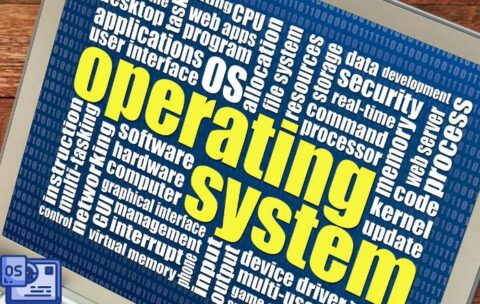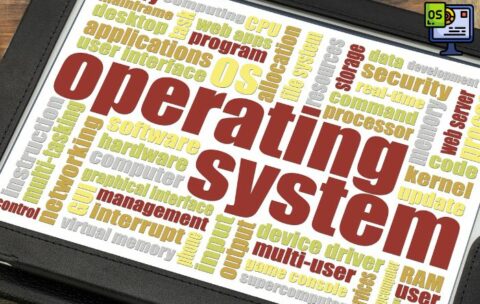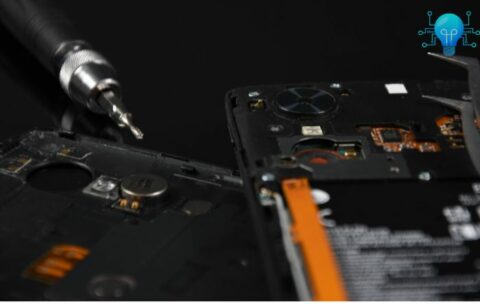Agile Project Management in the IT Sector
In a fast-paced and dynamic IT landscape, the ability to …
What you'll learn
Agile Fundamentals: Understand the core principles and values that underpin Agile methodologies.
Adapting Agile for IT: Learn to tailor Agile practices to suit the unique demands of the IT sector.
Methodology Overview: Explore Scrum, Kanban, and Lean methodologies and their relevance to IT projects.
Effective Planning: Develop iterative project plans that accommodate changing IT requirements.
User-Centric Approach: Master user story creation, backlog management, and feature prioritisation.
Sprint Execution: Gain proficiency in sprint planning, execution, and tracking within an IT context.
Effective IT Project Governance and Delivery
In the dynamic realm of IT project management, successful outcomes …
What you'll learn
Project Governance Fundamentals: Understand the principles and importance of effective project governance in the IT sector.
Frameworks and Models: Explore various governance frameworks and models tailored to IT projects.
Stakeholder Engagement: Master strategies for engaging and communicating with stakeholders throughout projects.
Risk Management and Compliance: Learn to identify, assess, and manage project risks while maintaining compliance.
Project Monitoring: Gain skills to monitor project progress, performance, and quality.
Decision-Making: Understand how governance drives informed decision-making and resource allocation.









